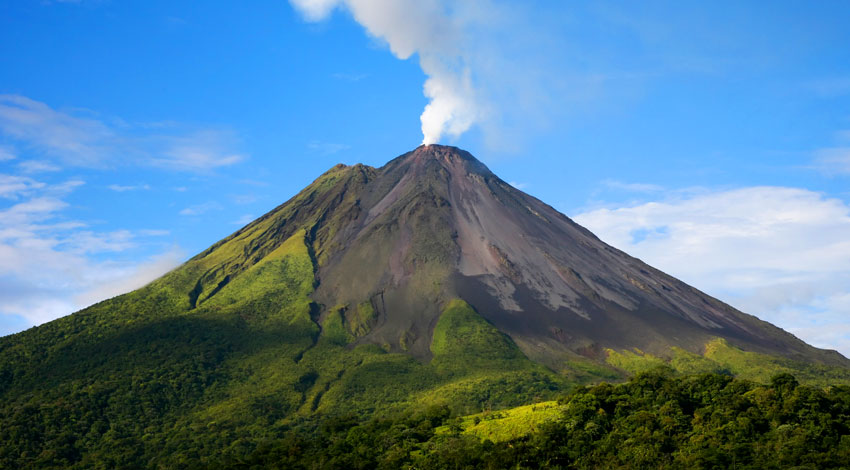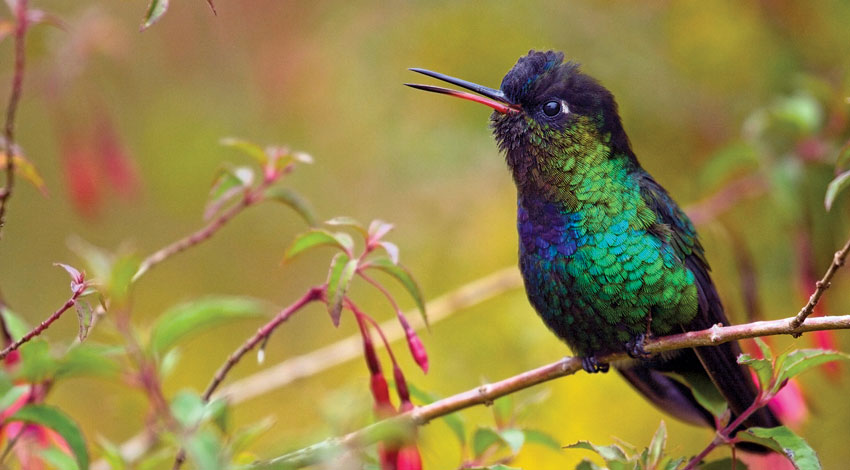Discover Costa Rica: History, Biodiversity & Cultural Gems
Costa Rica's history is all about peace and democracy. After breaking free from Spain in 1821, it stayed relatively stable compared to its neighbors. Then, in 1948, the country made the remarkable decision to abolish its military after a brief civil war, deciding to use the money for education and health care instead. This set the stage for Costa Rica to become known as a peaceful and progressive place. By the 20th century, it earned the nickname "Switzerland of Central America" because of its strong democracy. Today, Costa Rica is famous for its environmental efforts, sustainable tourism and high quality of life.

1. Long Lives: People in the Nicoya Peninsula in Costa Rica live significantly longer than average lives. The combination of a healthy diet, strong family bonds and physical activity contribute to this high life expectancy.
2. Volcanic Wonder: Of Costa Rica’s 200 volcanic formations, five are active volcanoes. Arenal Volcano is one of the most famous, known for its perfect cone shape and spectacular eruptions.

3. Carbon Neutrality: Costa Rica aims to be the world's first carbon-neutral country. Over 99% of its electricity comes from renewable sources, primarily hydropower, wind and geothermal energy.
4. Tree Climbing Frogs: Costa Rica is home to the red-eyed tree frog, a vibrant and iconic species known for its bright colors and distinctive red eyes. They’re often seen clinging to trees in the rainforests, making them a favorite sight for nature lovers and photographers.

Fiery Throated Hummingbird
5. No Military: The money saved from having no standing army is invested in education, health and environmental protection.
6. Biodiversity Hotspot: Costa Rica has 5% of the world’s biodiversity despite covering only 0.03% of the Earth's surface. It's home to over 500,000 species, including 10% of the world's butterflies and over 900 species of birds.

7. Hummingbird Heaven: Costa Rica is home to over 50 species of hummingbirds, the largest number of any country. The vibrant birds are a delight for birders and a testament to the country's rich biodiversity.
8. Coffee Culture: Coffee production in Costa Rica dates back to the 18th century and plays a significant role in its economy and culture. Rich volcanic soil and an ideal climate produce some of the finest coffee beans in the world.
Have you experienced Costa Rica? Join the conversation on Facebook.
